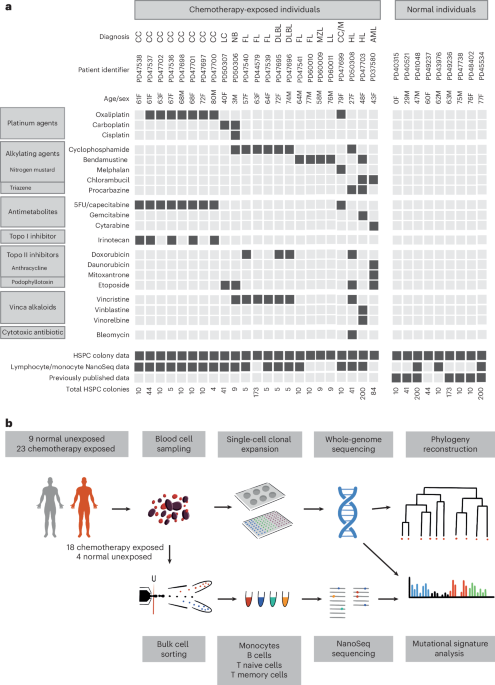Six early signs of miscarriage - TheCable Lifestyle
A miscarriage, otherwise known as “spontaneous abortion”, is an event that results in the loss of a fetus, usually in the first 13-20 weeks of pregnancy.
Miscarriages can happen for a lot of natural and medical reasons.
However, knowing the risk factors, causes, and early signs of miscarriage can help one gain a better understanding of the situation and get the necessary support or treatment.
Generally, common early signs that a person is about to experience a miscarriage include:
Even so, the presence of these situations is not always a sign that a is taking place or about to take place.
A woman who is miscarrying may experience some, all, or none of the common signs of miscarriage.
Therefore, a proper diagnostic examination is a sure way to go.
An intending mother should seek medical attention at the earliest sign(s) of a suspected miscarriage.
Again, the diagnostic tests to confirm a miscarriage and possible treatment options will depend on the type of miscarriage a person is having.
Early miscarriages are commonly diagnosed using a combination of tests, including.
To detect the presence of the pregnancy hormone in the blood and/or urine, your medical doctor will be looking for low or diminishing levels of HCG compared to the levels of HCG expected for your stage of pregnancy.
Your doctor will examine you to learn whether the cervix is dilated. The doctor will also check for the presence of blood and/or pregnancy tissue in the cervical opening.
Both signs can indicate a miscarriage.
This is an imaging technique that makes use of sound waves to create images of the sac and developing fetus.
Carrying out an ultrasound scan will reveal classic signs of miscarriage, including an empty pregnancy sac in the uterus.
It will also reveal pregnancy tissue but no fetus in the uterus, and/or a fetus or embryo appearing smaller than it should be at that stage of pregnancy.
Other types of miscarriage, according to the nature of the pregnancy, include:
This is one of the earliest signs of a miscarriage.
It occurs when the fertilised egg fails to properly and fully implant in the uterine lining.
A chemical miscarriage often takes place before people become aware of their pregnancies.
In miscarriages resulting from chemical pregnancy, the lost fertilised egg and pregnancy tissue may be mistaken for a person’s next menstrual period.
The individual may, therefore, be unaware that a miscarriage just took place.
In this case, the entirety of the fecal matter and pregnancy tissue pass out of the uterus naturally and rapidly through the cervix, the lowest part of the womb, connecting it to the vagina, after the miscarriage begins.
Pain, bleeding, and cramping will most likely be experienced as the fetus and pregnancy tissue are passed.
A popular marker of this type of pregnancy is the fact that bleeding and pain subside quickly, as the embryo empties out of the uterus.
Usually, there is no need for serious medical treatment afterward.
You will only need to see your doctor for advice on the appropriate aftercare.
A doctor may also offer psychological interventions to help the person get through the emotional challenges.
In the case of an incomplete miscarriage, only part of the fetal matter and pregnancy tissue exit the womb.
Pain, bleeding, and cramping will be experienced as this is passed, regardless.
Follow us on twitter











